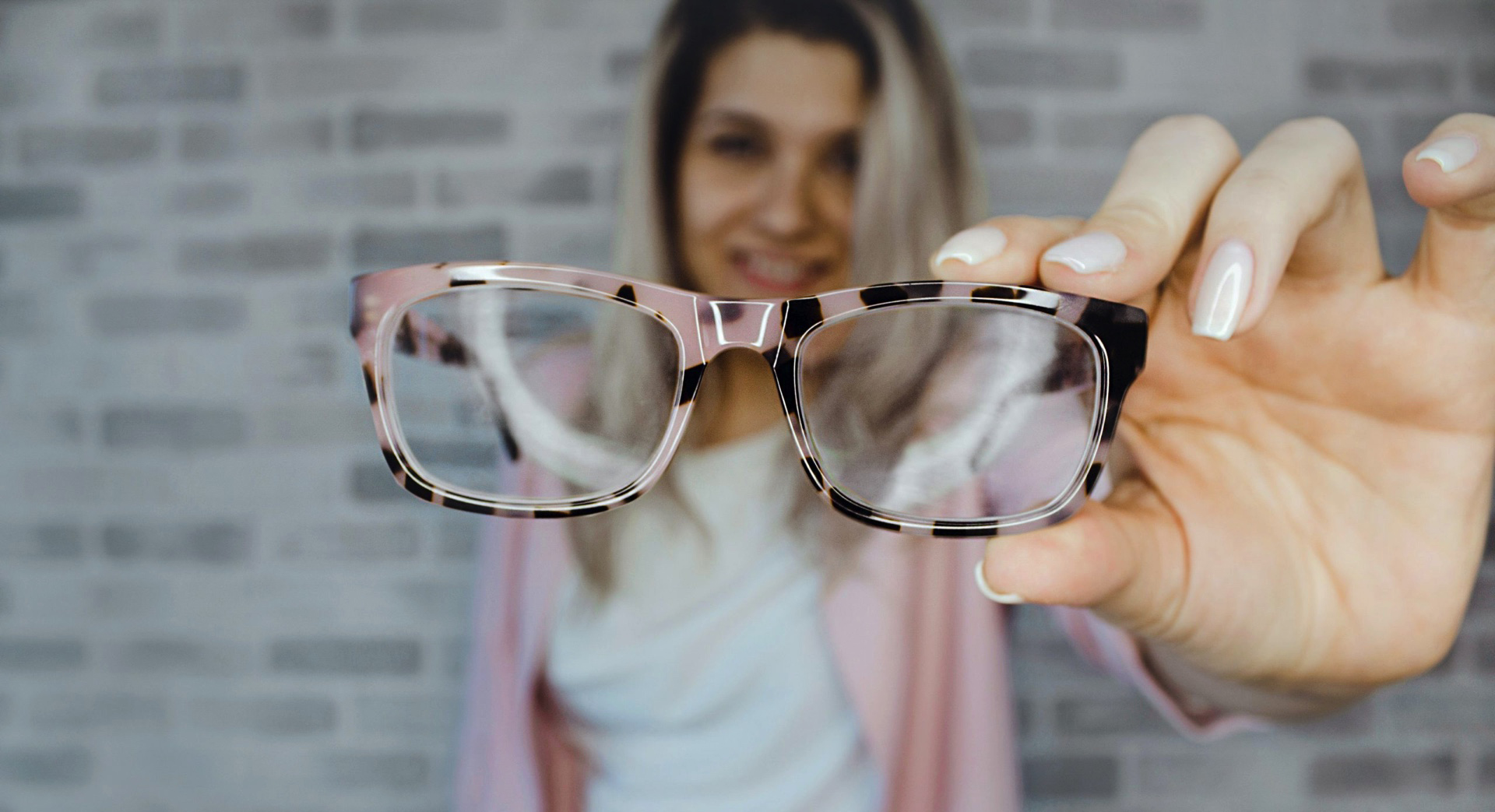For a girl who has worn glasses all her life, my optical health is important to me. By the end of a work day, my eyes have had it! The change over from our old way of life to our new digitally-conscious one has my eyes ready to pop out of my head. When evening finally rolls around, I typically have extremely dry eyes from wearing contacts (who wants to wear glasses while wearing a mask if contacts are an option?), my head hurts, and I just want to close my eyes and give them rest. However, a busy working mom simply cannot throw in the towel and retreat to a dark room at 5:30 p.m.
This pandemic has proven to be challenging in many arenas. From working from home, learning from home, socializing from home, and so on and so forth, screens are a necessary blessing and a burden each and every day. Read the following tips for optimizing your optical health!
 Pay Attention to Display Settings
Pay Attention to Display Settings
This tip first tip comes as your first line of eye protection: turn down your brightness! When it comes to screens, turn down the display brightness whenever possible. You can even purchase a screen protector that dims your screen on whichever type of device you’re on. A simple Google search could walk you through how to turn down the screen on your devices if you’re unsure how to do it.
Blue-Light-Blocking Glasses
While there isn’t a whole lot of research out there to support the use of blue-light-blocking glasses, here is what we do know: according to the Cleveland Clinic, blue light put off by LED lights in our latest devices (phones, tablets, ipads, TVs, etc.) has adverse effects on our sleep. One of their studies even found that children’s eyes do not filter the blue lights as well as adults. For those of us who have students remote learning, screen time restraints are almost non-existent. Blue-light-blocking glasses may be a fun accessory to add to your bag of eye-saving optical health tricks!
Properly Care for Your Contact Lenses
For those of us who are among the 45 million contact lens wearers in the United States, this tip may feel like old news. Yet, you would be surprised how many people do NOT follow the recommended instructions for contact use. Pre-COVID, when one’s eyes were tired, they could simply throw on their prescription glasses and take a break.
Currently, many are choosing to wear contacts more than ever before to help combat the fogging that occurs in glasses while wearing a mask. Thus, here is my obvious but gentle reminder to wash your hands and take out your contacts daily. Use proper disinfecting contact solution (new everyday!). Finally, for the love of your precious eyeballs, DO NOT sleep in your contacts.
Wear Your Glasses
Glasses have been and continue to be a wonderful accessory to both fashion and vision. Unfortunately, a mask has now been dubbed the number one fashion accessory when it comes to your everyday looks.
Fogging of one’s glasses while wearing a mask is an obnoxious and constant reminder that a) you’re wearing a mask, b) we’re still in the middle of this God-awful pandemic, and, c) how much you absolutely rely on your glasses. The American Academy of Ophthalmology (AAO) recommends gently wiping your glasses and washing them with soap prior to wearing them in conjunction with your mask.
In addition, the AAO instructs people to pull their glasses more towards the tip of their nose. Once your glasses are further forward, pull your mask up over your nose and then put your glasses over that. Think high-waisted jeans, except with your mask. When your mask fits properly and is held closer to your face by your glasses, fogging is less likely to occur.
Lubricate!
The last tip I have for good eye health involves adding lubricating eye drops to your ever-growing list of things to not leave home without: mask, keys, phone, hand sanitizer, diaper bag, water bottle, the kitchen sink, and, last but not least, eye drops!
When your eyes are hyper focused on something, believe it or not, you subconsciously forget to blink as often as you should which leads to dry eye. Moisturizing your eyes is just as important as your nightly routine of moisturizing your face.
Dry eyes can lead to rubbing of the eyes, ripped cornea, and even exposure to infectious germs. Harvard Health recommends meeting with your eye doctor to discuss which over-the-counter or prescribed eye lubricant is best for you to ensure optimal health and comfort.
All in all, in this season of life, eliminating exposure to screens is proving to be easier said than done. While we have to be on screens for school, work, and socializing, it doesn’t have to come at the cost of our mental health, physical health, and optical health.
Protect your peepers!










